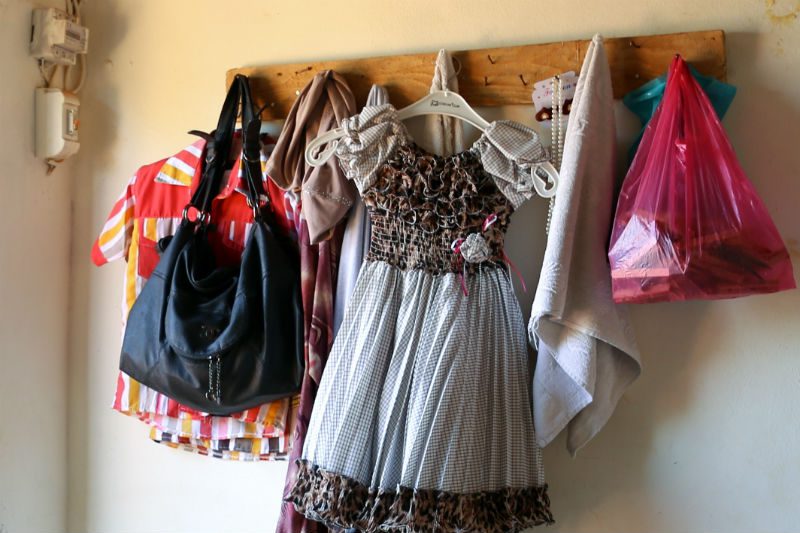
This week marks Eid, the important religious holiday celebrated by Muslims worldwide that brings to an end the Islamic holy month of fasting, Ramadan. This is a bitter sweet celebration for millions of people across the Middle East – with unbelievable hardship in Gaza, continuing war in Syria and ongoing struggles for Syrian refugees in places like Lebanon and Jordan.
What follows is a letter based on the testimonies of two Syrian refugees – Wafaa and Khansa – who Oxfam has assisted in Northern Lebanon. Interviews were conducted on July 24, 2014:
Dearest Mother,
As I write this letter, I don’t know where you are in Syria or how you are doing. Last time we spoke was seven months ago. You’ve been on my mind every day, especially during the holy month of Ramadan.
I’m sitting in our small room in Northern Lebanon. On the wall, your granddaughter Amal’s new dress hangs next to my only two shirts. Its ruffled sleeves and colourful print are the only reminder that it is the festival of Eid and that we are about to celebrate the end of Ramadan.
What is there to celebrate? Nothing.
I lost you, my sweet mother, and I lost my homeland. My heart is heavy with sorrow and my eyes well with tears when I lie at night under the hot corrugated steel roof and dream of the Eids we have celebrated back home.
Remember mother the smell of freshly baked maamul and karabeej (traditional Middle Eastern sweets) that filled the house on the eve of Eid? Oh how I loved those long nights when all the women in the family gathered in your kitchen to prepare all these delicacies. And how after hours of hard work, they rushed to the hairdresser to get all glammed up and have henna drawings on their hands. The beaded scarves, the gold bangles, the musk perfume.
It’s all gone.
I can still see my husband leaving the house on the morning of Eid in his freshly ironed shirt and new trousers, to meet other men at the mosque.
Now he sits all day under a tree by the roadside, trying to sell a few cigarettes packs that he hides from the scorching sun under a plastic sheet. Every night, he comes back empty handed and his back hunched a little more.
In Aleppo, when the men came back from prayer, tables were laden with stuffed vine leaves, sambusek (meat patties), vegetable and lamb stew with white fluffy rice, nuts and dried fruits, and mountains of cakes and sweets. Aubergines, tomatoes, onions were freshly picked from our garden to prepare the feast.
This year, I will only cook one simple dish. I might not even buy meat. How can we afford it, mother? Every penny we have goes on our rent. I had to work extra hours cleaning houses to get Amal her dress. And I praise God for his mercifulness, as I’m luckier than my neighbour: with five children and a sick husband, she had to find her 13-year old son a job as a gardener to survive.Others rely totally on humanitarian aid.
Can you believe it mother? We lived happily in our homes, on our land, with our families and friends. Now we are uprooted refugees, scrambling for a piece of bread.
Oh mother, as I write these lines, I imagine you sitting in our garden shaded by the jasmine tree. Is our garden still there? Is the tree still standing? As Ramadan ends, I pray the Lord to reunite me with you and with my beloved Syria.
Oxfam works with Syrian refugees in five areas of Northern Lebanon where it implement water, sanitation and hygiene programmes, as well as protection and food security ones.
You can help people like Wafaa and Khansa. Donate to our Syria Crisis Appeal or add your name to our petition.
